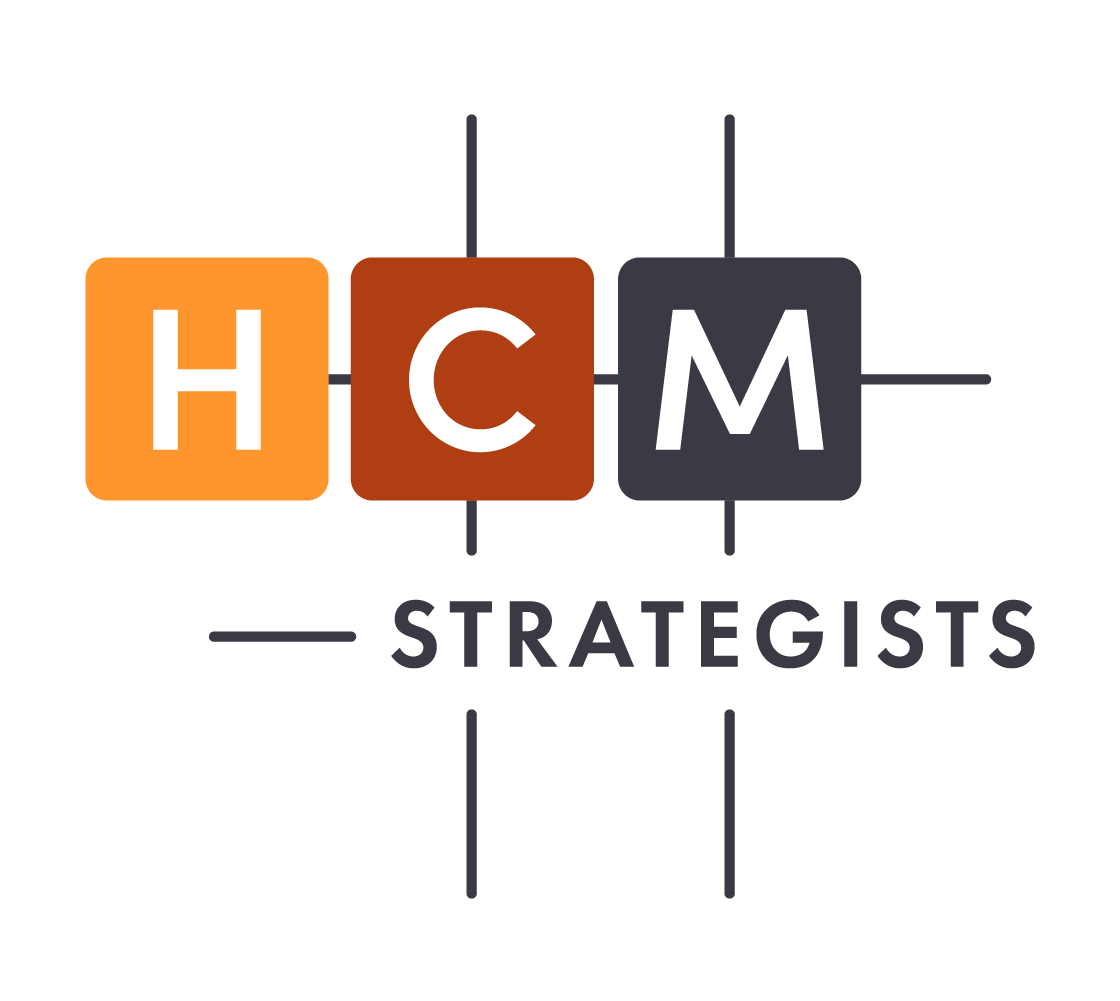A Focus on Equity: Reflecting Back to Move Forward
By Toya Barnes-Teamer
2019 was a busy and rewarding year for our team. Our dedicated staff has worked to help states, institutions and organizations address issues of equity in a national climate that has become so divided. I am excited and optimistic about 2020 and the work ahead addressing equity, diversity and inclusion.
Director of National Talent Dividend Noel Harmon has stated, “One thing that we can all agree on is the link between equity in education and the future of the American economy.”[i] We know that employment projections call for significantly more workers with credentials beyond a high school diploma, but helping leaders and other stakeholders address equity as the main driver for economic success of their state is no easy task. Nearly every state has set a postsecondary attainment goal to meet this growing need. Nonetheless, there has been little progress due to a lack of focus on equity.
Substantial progress toward these goals requires deliberate attention to improving outcomes for specific populations. To be certain, no state will reach its goal and be able to meet employer demands for an educated workforce without doing so. As we travel across the country working with our constituents, the question of whether states should address equity from a moral or an economic imperative is commonly asked. My response is always the same. It depends!
A moral imperative is a strongly felt principle that compels a person to act[ii]. It is a kind of categorical imperative, as defined by Immanuel Kant. He believed that all humans hold a special place in creation as thinking, reasoning beings[iii]. In contrast, if you have a greater interest in ensuring that the economy continues to thrive and prosper for the greater good of society, you may be willing to address equity in education as an economic imperative. Here we define an economic imperative as a set of principles that guide organizations in changing their work ethics and cultural values as times change.
The Alliance for Excellent Education released a report in 2013 detailing the inseparable link between equity in education and the future of the American economy. The report argues that equitably providing all students with a quality education is a critical factor in maintaining the nation’s economic strength[iv]. Failing to close gaps in educational achievement, in spite of the nation’s changing demographics, can have dire consequences for the American economy.
Emphasizing equity in education as a moral or economic imperative depends on the stakeholder and what compels them to act on closing these growing gaps. I remain optimistic that there is a place for both imperatives as we strive to collaboratively develop comprehensive plans that meet the attainment and economic goals in our states. Happy New Year!
References:
[i] Noël Harmon, “The Equity and Economic Educational Imperative,” HuffPost (HuffPost, January 28, 2013), https://www.huffpost.com/entry/educational-equality_)
[ii] “Moral Imperative,” Wikipedia (Wikimedia Foundation, Inc., March 5, 2019), https://en.wikipedia.org/wiki/Moral_imperative
[iii] Immanuel Kant, Critique of Practical Reason, trans. Werner S. Pluhar (Indianapolis, ID: Hackett Publishing Company, Inc., 2010); Immanuel Kant, Groundwork of the Metaphysics of Morals, ed. Mary J. Gregor and Jens Timmermann (Cambridge, MA: Cambridge University Press, 2012)
[iv] “What Is Economic Imperative?” Study.com (Study.com, n.d.), https://study.com/academy/answer/what-is-economic-imperative.html)
